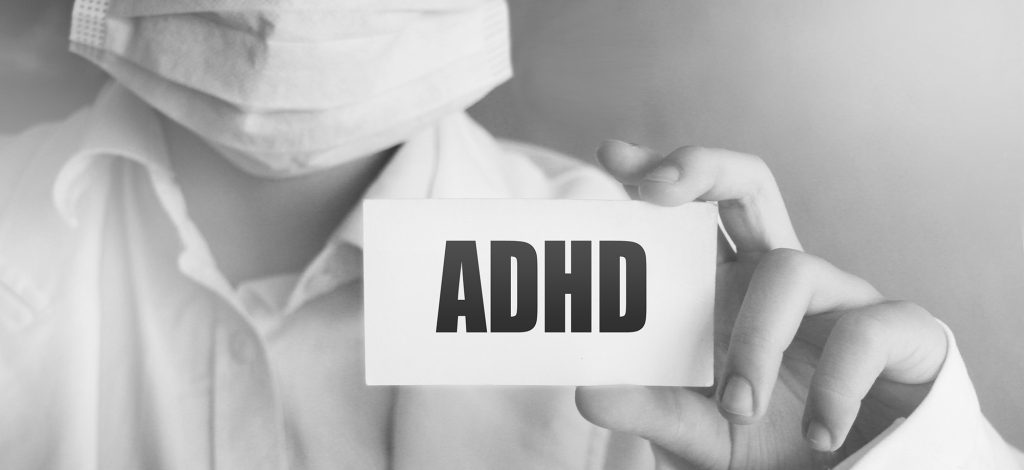Attention Deficit Hyperactivity Disorder (ADHD) is a complex condition affecting millions of people worldwide. Despite its prevalence, many people are unaware of what ADHD truly entails.
Think of ADHD as the rebellious teenager of the mental health world – misunderstood and often labelled as just being ‘hyper’ or ‘impulsive.’ But, like any misunderstood teen, ADHD has a unique and intricate personality all its own. In this article, we’re going to peel back the layers of ADHD and uncover its quirks, from the science behind it to the ways it can be managed and celebrated.
The characteristics of attention-deficit/hyperactivity disorder (ADHD) are impulsivity, excessive or exaggerated motor activity, and persistent patterns of difficulty maintaining focus. Too many words? Let’s break it down into comprehensible symptoms and criteria.
Signs and Symptoms of ADHD
A person suffering from ADHD usually faces a persistent pattern of a range of symptoms. Broadly categorized as hyperactivity-impulsivity and inattention, if the behaviour pertains to the point of significant interference with one’s regular life, it is deemed problematic.
While some people exhibit signs of either inattention or hyperactivity, the combination, of the severity may vary from case to case.
Inattentiveness
Inattentiveness may manifest itself in an individual in the following ways:
- Failure to pay attention to details and careless errors in schoolwork or other activities.
- Difficulty in maintaining attention while performing tasks in a certain activity
- Often not responding when spoken directly to.
- Difficulty in following instructions, completing tasks and staying organized
- Noticeable forgetfulness and easily distracted by external stimuli.
Hyperactivity/Impulsivity
A person may present hyperactive or impulsive in the following ways:
- Frequently found fidgeting, squirming, and tapping.
- Inability to engage in leisure activities.
- Indulging in physical activities that can be potentially dangerous.
- Talking excessively and speaking out of turn
It is important to note, that many people find this behaviour similar to that of an ill-mannered individual. However, ADHD is a serious condition wherein these behaviours are exhibited at a very persistent rate and cause significant discomfort in daily life. ADHD can also cause depression and anxiety.
Cause and a brief insight into the grey matter
As is the case with all mental health disorders, there are many reasons why one may have ADHD. A great portion of research indicates that ADHD may be caused due to genetics. Other reasons may be exposure to harmful substances during pregnancy, brain injury, and premature delivery.
Neurobiological research suggests that the brain of a person with ADHD is likely to have a smaller brain volume and make be 3 years slowers in maturation, as compared to the brain of people without ADHD.
Contrary to popular and misleading myths, very little data exists, that suggest the cause of ADHD is excessive consumption of sugar, watching too much television, family environment, etc. They may aggravate the symptoms but cannot be attributed as the sole factors causing ADHD.
Treatment of ADHD

When it comes to treating ADHD, it is not a case of “one shoe fits all”. Every individual exhibits different symptoms, and what may work for someone else may not work for you. Thus it is important to seek appropriate professional help and keep one educated about all the treatments that exist.
A lot of different treatments exist:
- Medication- Typically involves administration of medication that reduces hyperactivity and attention, but it is recommended to first try psychotherapy, before incorporating medication.
- Psychotherapy- In the case of ADHD, especially for children, therapy is recommended not just for the child but their parents or guardians. It ensures the creation of a better and more suitable environment for the child. Behavioural therapy and cognitive behavioural therapy, which focuses on moulding a person’s behaviour, and recognizing thought patterns through tasks and exercises are some common routes taken.
- Other elements that may complement the main treatment are :
- Involvement in a support group
- Learning about stress management techniques.
Managing symptoms
Coping with ADHD is so much more than going to therapy or taking medicines. To experience a good quality of life, one can incorporate certain lifestyle changes which may regulate the symptoms to a great extent. Some important ones are :
- Following a suitable and protein-rich diet
- Following a fulfilling sleep schedule
- Maintain routines in order to cope with external stimuli
- Incorporating exercise on the basis of your age
Conclusion
ADHD is a challenging condition but with the right treatment and support, it can be managed. The first step towards healing is trying to understand the nature of the problem and we hope through this article we were able to make things a tad bit clearer for you.




















Share this article